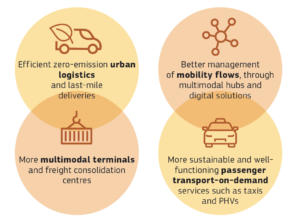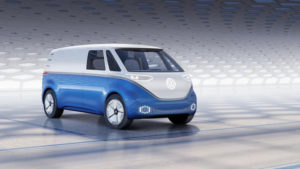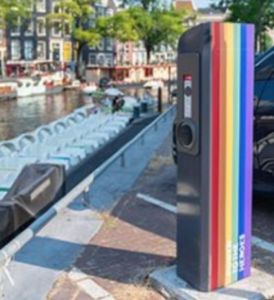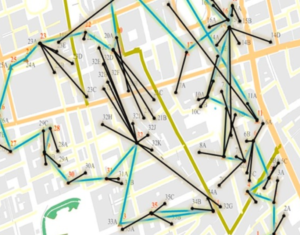The EU has agreed to decrease CO2-emissions from trucks, buses, and trailers
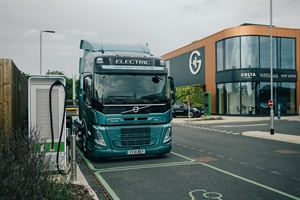
The European Union (EU) has agreed to decrease carbon dioxide (CO2) emissions from trucks, buses, and trailers. Negotiators from the EU Council and the European Parliament have reached a provisional political agreement on CO2 emission standards for heavy-duty vehicles (HDVs). The primary goal is to reduce CO2 emissions in the road transport sector and establish …



